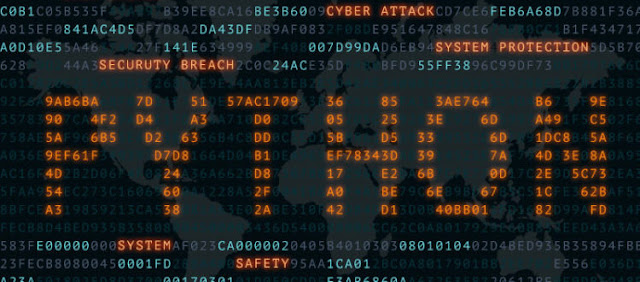Python programming is one of the most popular languages currently in use. It is a simple object-oriented language that is easy to learn and understand for beginners and skilled developers and is used across different areas from data science to cybersecurity. This blog will focus on Python for information security professionals and explain why it’s essential for their career growth.
Python for Cybersecurity
In contrast to other languages, Python is a simple and understandable language. Python has simple syntax, and new developers or those joining the cybersecurity sector can quickly pick it up. Python is also a favorite among experienced developers since it can incorporate several functionalities. Users can create Python scripts rapidly, and the easy syntax helps cybersecurity professionals to identify and correct errors in the code quickly.
Python follows a clean and well-defined implementation process. It doesn’t leave much space for the device or data to target hackers and attackers. The Python programming language also makes it simple to develop and incorporate new and distinct applications into older components.
Benefits of Python Programming in Cybersecurity
◉ Troubleshooting made simple: Python uses simple code, so it becomes easier for the programmer to troubleshoot errors. The simple design also increases its readability. That makes troubleshooting more comfortable and less time consuming. Python also has an in-built trouble-shooter called PDB that performs all the main functions.
◉ Memory management: Python has a native memory management tool. This advantage allows programmers and other users to worry less about memory management, including caching.
◉ Open source: Python’s design is open source, so anyone is welcome to improve it. It is also easy to download and free of cost. Many web development companies prefer Python.
◉ Easy to learn: It is the most user-friendly and straightforward programming language when compared to Java, C++, and .NET. The syntax of Python is simple when stacked against other languages. It also uses less code.
Why Is Python Essential for Cybersecurity Professionals?
Python is an essential programming language for cybersecurity professionals as it can perform many functions like scanning, packet sniffing, malware analysis, and more. From building video games to testing microchips, it is the best programming language. Many security tools are written in Python, as it is easy to access and understand. Here’s what Python can be used for on a day-to-day basis:
◉ Social media data extraction: Python programming scripts can be used to download data from many social media platforms. WhatsApp and Facebook use modules interfaced with Python.
◉ Flexibility: Python has a straightforward nature; it is easy to develop new applications quickly. It can also create simple modules in Java, C++, and .NET. All this makes it easier to respond to cyber threats.
◉ Packet sniffing: To avoid packet sniffing, create a simple packet sniffer using Python with a socket module. A raw socket gives access to the protocols. It is the socket that sends and receives data in binary, which is in Python.
◉ Network port scanning: In general, Nmap is a tool used to execute network port scanning, but one can easily do it without any third-party tools by using python socket programming.
◉ Quick scripts development: Python helps cybersecurity professionals to develop solutions in the least amount of time with straightforward code. It also makes it easy for cybersecurity professionals to identify errors and quickly solve problems.
◉ Libraries support: Python is the only programming language with a massive library of modules that allows cybersecurity professionals to access penetration testing tools every day.
◉ Productivity & speed: Because of its simple and object-oriented codes, the programmer’s productivity also improves. Python has powerful integrating and unit testing framework abilities to increase application speed.
◉ Highly scalable: Scalability is high in the python language. Its simplicity and flexibility can secure all applications.
◉ Multi-faceted development for cybersecurity: Python is a boon for security professionals as it can perform any task with minimal code in less time. In cybersecurity, Python uses various like encoding and decoding packets, malware analysis, network scanning, port scanning, and much more.
Now that you’re up to speed on the basics, you might be interested in a more detailed look at Python programming in cybersecurity. EC-Council’s Python Online: From Novice to Program teaches you the Python programming setup and components, working with the Python network recon framework, password cracking, Python spying, and evading antivirus with Python.
You’ll get practical and theoretical-based training through Live exercises via the Cyber Range iLabs. The course is ideal for people new to Python, security professionals, developers, network administrators, and security application developers.
Source: eccouncil.org






0 comments:
Post a Comment